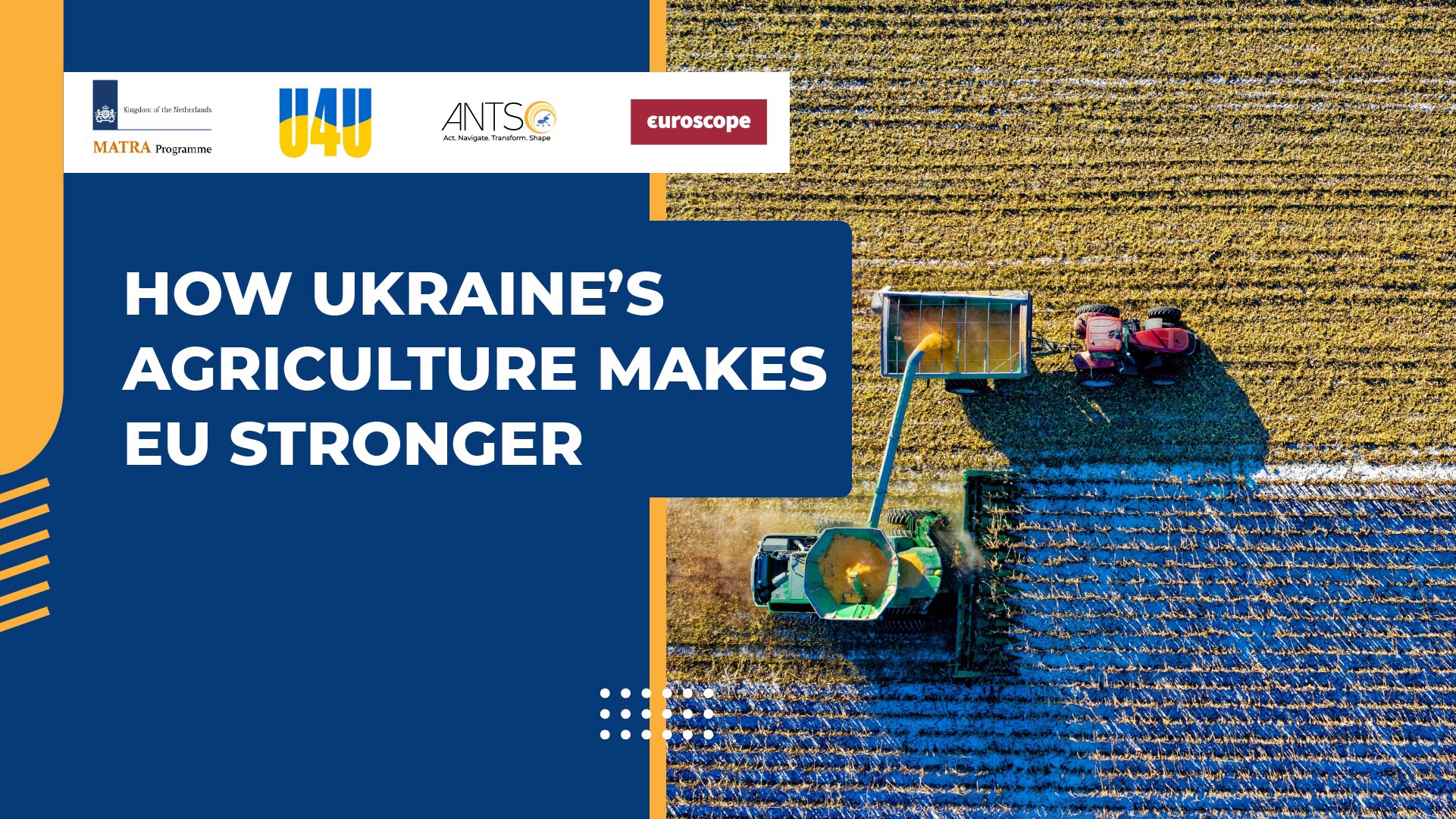Date and Time: Monday, 9 October 2023, 15:00 – 17:00 CET
Duration: 2 hours
Language: English
Format: in-person (offline) and online
Brussels, Belgium European Parliament
How Ukraine’s Agriculture makes EU Stronger:
- Higher Value of the European Common Market;
- More Competitive Exporter;
- Global Leadership in Sustainable Food Security.
Concepts for the debates:
- Weaponizing Food and Weaponizing Hunger – Urgent Common Challenge;
- Food – Fuel – Fertiliser: Optimising common Global Positioning;
- Reforming the CAP towards ESG and Climate Neutrality;
- From Bread-basket of Europe to Europe as a Sustainable Food Provider.
Context of the discussion:
The end of the Grain Deal by the russian aggression has emphasised the urgency of the common challenge for Ukraine and the EU in balancing the domestic markets and ensuring further support of global food security.
Food and Hunger are being weaponized by russia. Global food security is jeopardised and is being used by the aggressor to manipulate and black mail the world. Ukrainian grain stocks and port terminals continue to be targeted, many get destroyed, agricultural workers get killed. The critical supply routes are being cut as the harvesting in Ukraine continues, which is leading to highly potential bankruptcies of nearly half of the Ukrainian farmers.
At the same time, Food, Fuel, and Fertilisers have become the key risk factors for the Global South and beyond. And, in order to bring order back and mitigate the urgent challenges, the Common Agricultural Policy of the EU needs reform and balancing without compromising the Climate Neutrality ambitions set by the European Green Deal.
Nearly 30% of Ukraine’s agricultural land has been affected by the war. Most probably,
many of those territories will have to go through an extensive period of demining and decontamination through rewilding and long-term conservation and restoration which can certainly contribute to decarbonisation but will also limit farmers’ economic potential.
The transformation of Ukrainian Agriculture is inevitable. New niche crops, transition to perennial cultures, regenerative innovations and climate-smart irrigation will be needed to adapt to decarbonized food production on less land. New energy-efficient processing and Storage facilities will be required across Ukraine to opumize the new logisues requirements and to utilize the agricultural production potential of Ukraine while ensuring the EU’s leading role as a Global Sustainable Food Provider.
This publication has been made within the frameworks of the MATRA Programme supported by the Embassy of the Kingdom of the Netherlands in Ukraine. The opinions expressed are those of the author(s) only and should not
be considered as representative of the Embassy’s official position
